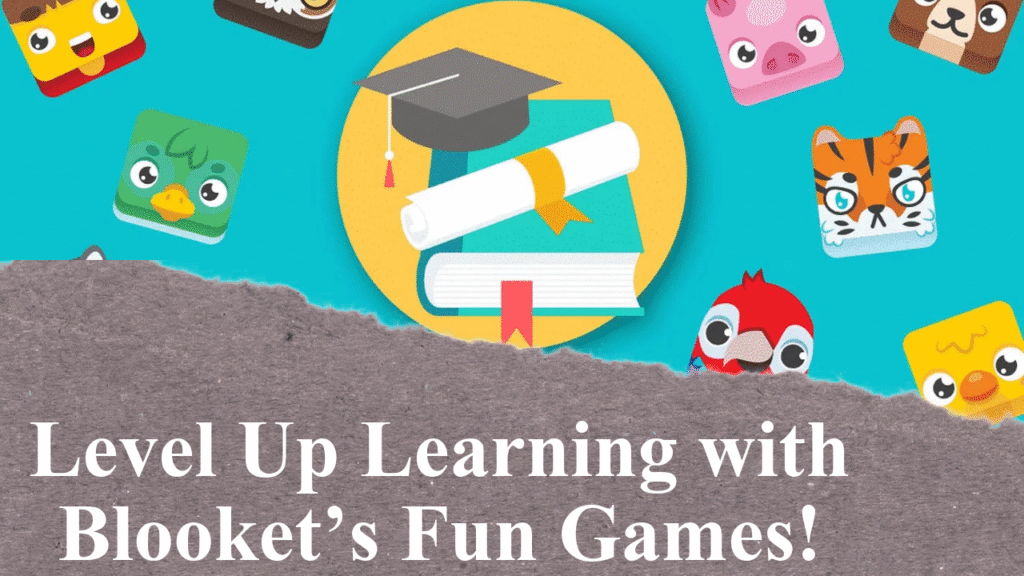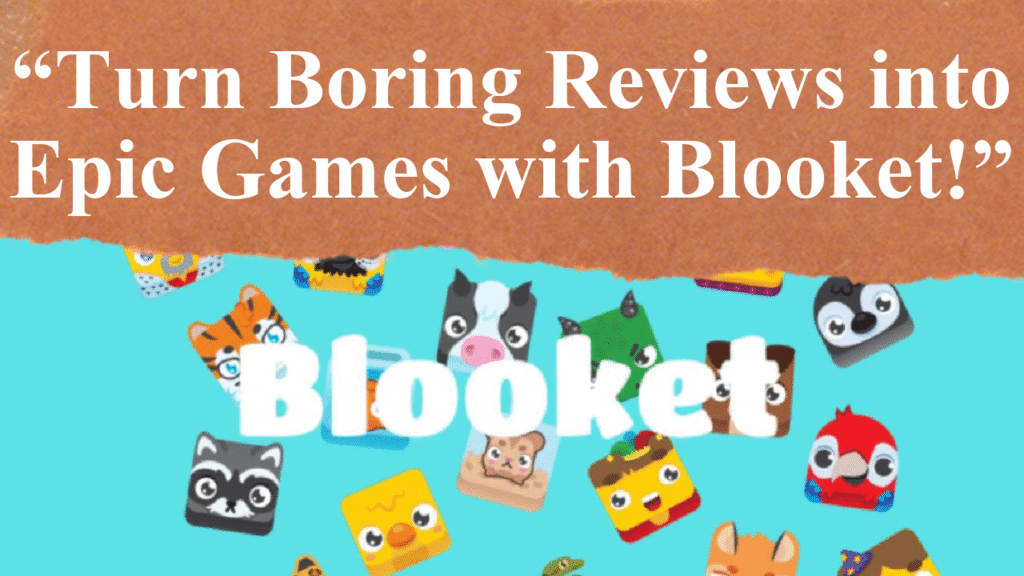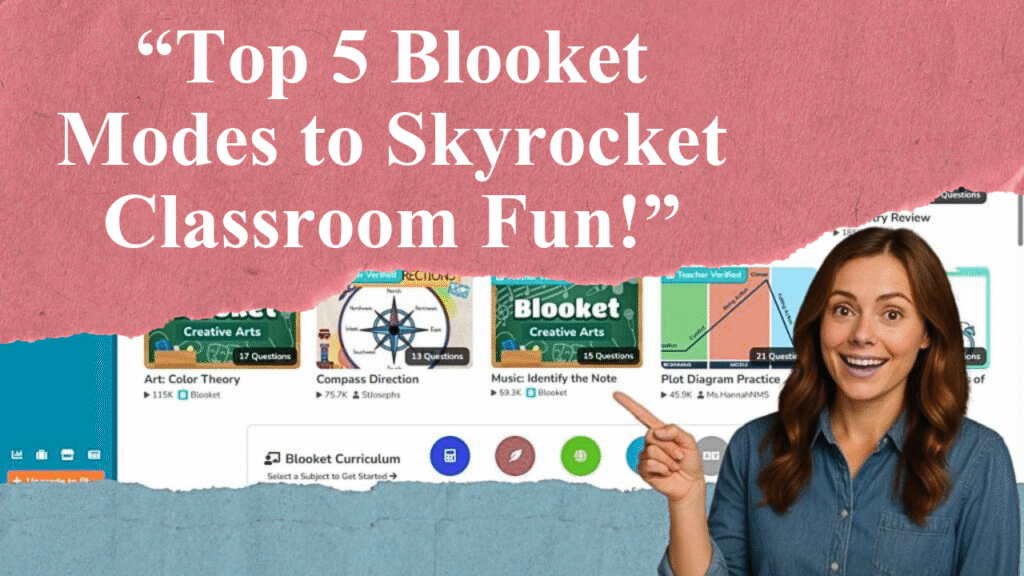Blooket transforms classroom learning by fostering teamwork through interactive, game-based activities. This article explores how Blooket’s multiplayer modes, like Tower Defense, promote collaboration, communication, and engagement. It offers practical tips for teachers to integrate Blooket effectively, supported by recent data showing improved student participation and vocabulary mastery.
Harnessing Blooket for Collaborative Classroom Success
Blooket, a gamified learning platform, has emerged as a powerful tool for educators seeking to enhance teamwork in the classroom. Its interactive, game-based approach turns traditional lessons into engaging experiences that encourage students to collaborate, communicate, and problem-solve together. By leveraging Blooket’s multiplayer features, teachers can create a dynamic environment where students work as teams to achieve shared goals, fostering essential soft skills alongside academic growth.
Multiplayer Modes to Encourage Collaboration
Blooket offers a variety of game modes designed to promote teamwork, such as Tower Defense and Cafe Mode, where students must strategize and cooperate to succeed. In Tower Defense, for instance, students work together to answer questions correctly, pooling their knowledge to protect a shared virtual space. These modes require communication and collective decision-making, helping students develop interpersonal skills. A 2024 study at Long An College of Education in Vietnam found that students using Blooket’s team-based modes reported higher engagement and improved vocabulary mastery, with 72 non-English major students expressing enthusiasm for collaborative games.
Customizing Games for Team-Based Learning
Teachers can tailor Blooket games to align with specific learning objectives, ensuring that teamwork activities are relevant to the curriculum. By creating or selecting question sets from Blooket’s extensive library, educators can design challenges that require group effort. For example, a history teacher might create a question set on the American Revolution, where teams compete to answer questions about key events, encouraging discussion and peer learning. Blooket’s flexibility allows teachers to adjust game settings, such as randomizing points to reduce speed-based competition, making collaboration the focus.
Real-Time Feedback and Data-Driven Insights
Blooket’s analytics provide teachers with real-time feedback on team performance, enabling them to identify areas where students excel or need support. Detailed reports show correct and incorrect answers, time spent on questions, and overall scores, helping educators assess group dynamics and individual contributions. This data-driven approach allows teachers to offer targeted feedback, fostering a growth mindset. A 2023 study in Saudi Arabia involving 141 sixth-grade students showed that Blooket outperformed traditional teaching methods in enhancing grammar skills, with team-based games contributing to statistically significant improvements.
Practical Tips for Implementing Blooket
To maximize Blooket’s potential for fostering teamwork, teachers should set clear learning goals tied to collaboration. For instance, assigning team-based games as warm-up activities can activate prior knowledge and encourage group discussion. Rotating game modes, such as switching between Gold Quest and Battle Royale, keeps students engaged and prevents monotony. Teachers can also use Blooket’s homework feature to assign team challenges outside class, promoting flexible, collaborative learning. Encouraging student feedback on game experiences helps tailor activities to their needs, ensuring inclusivity.
Addressing Challenges and Ensuring Inclusivity
While Blooket is highly effective, some students may feel overwhelmed by competitive elements or struggle with technology. Teachers can address this by introducing Blooket gradually, highlighting its fun aspects and providing support for those who need it. Creating a safe, inclusive environment is key, where the focus is on learning rather than just winning. Blooket’s accessibility features, updated in 2025 with text-to-speech support, ensure that students of all abilities can participate in team activities.
Building Soft Skills Through Competition
Blooket’s competitive game modes, when managed effectively, help students develop resilience and communication skills. Leaderboards and rewards like points or virtual badges motivate teams to work together strategically. For example, in Cafe Mode, students collaborate to “run” a virtual cafe, answering questions to earn resources. This fosters a sense of shared responsibility. Teachers can celebrate team achievements to boost motivation, creating a positive classroom culture. A 2025 article noted that Blooket’s multiplayer enhancements, including balanced team mechanics, make it easier for students to collaborate effectively.
Integrating Blooket into Lesson Plans
Blooket can be seamlessly integrated into various subjects and grade levels. For younger students, games like Gold Quest reinforce foundational skills in a playful way, while older students can tackle complex topics like algebraic expressions or historical events through team challenges. Teachers can use Blooket for daily warm-ups, formative assessments, or test prep, ensuring teamwork remains a consistent part of the learning process. The platform’s compatibility with learning management systems like Google Classroom simplifies sharing game codes and tracking progress.
Disclaimer: This article is based on recent reports, studies, and educational insights available on the web as of July 2025. Tips are derived from expert recommendations and teacher experiences. Always verify platform features and data privacy policies before use. Sources include academic studies and educational blogs.
[qwam_quiz_box]




